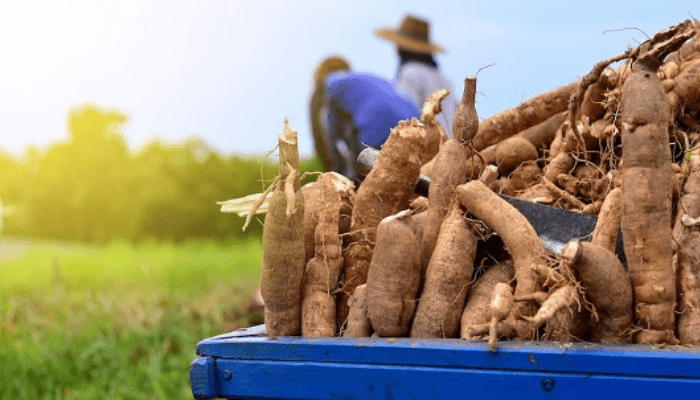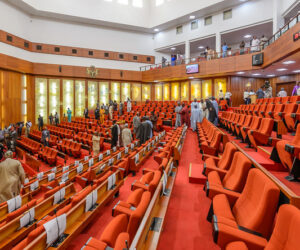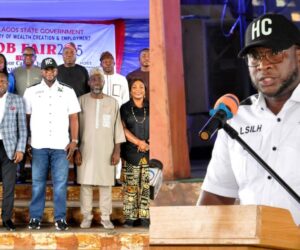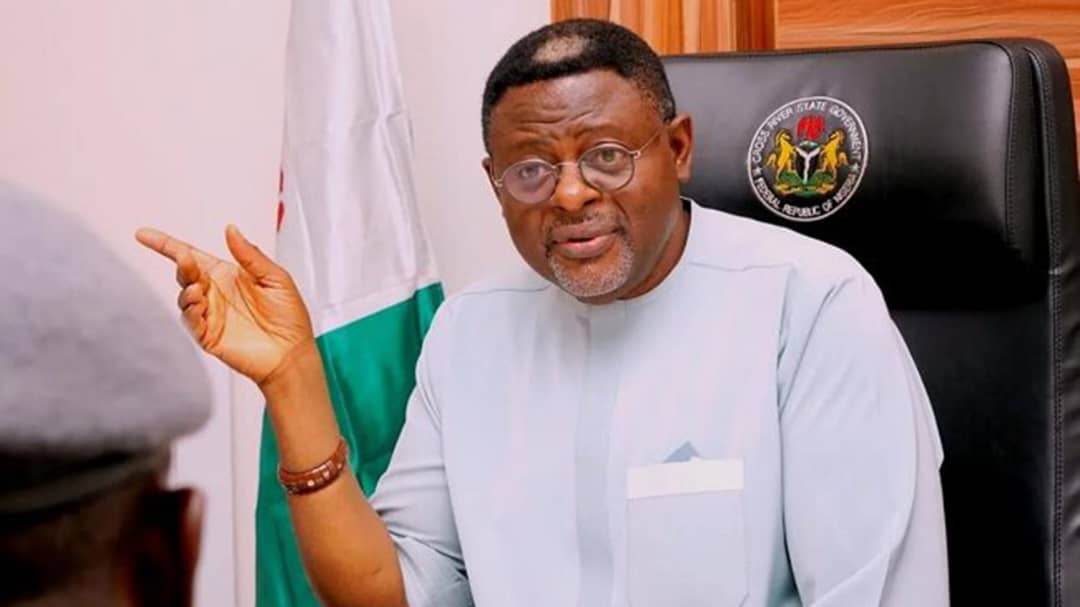Stakeholders in the cassava value chain have called for renewed investment in processing, value addition, and export development to unlock the crop’s full economic potential across Africa.
Speaking at the just-concluded Africa Cassava Conference in Abuja, Henry Emejuo, Director-General of the Pan-African Organisation for Small and Medium Industries, described cassava as central to Africa’s food security and industrialisation agenda.
He noted that the crop has evolved beyond its traditional role as a staple food to become a critical industrial commodity.
“Cassava is both an economic commodity and a daily staple across Africa. There is no day that homes across the continent do not consume cassava-based products,” Emejuo said.
He highlighted its diverse uses including tapioca, garri, ethanol, high-quality flour, sweeteners and other industrial derivatives, adding that global demand continues to rise.
Emejuo said the conference, which brought together policymakers, scientists, and industry players, provided a platform to deepen discussions on strengthening the cassava value chain. “This gathering is sacrosanct. From policy to technical and scientific perspectives, experts have been interrogating how to deepen the impact of this important crop,” he said.
Read also: Unlocking Nigeria’s cassava promise: Scaling high quality cassava flour production
The Director-General added that the town hall session of the conference enabled delegates to exchange ideas and propose solutions to challenges facing cassava production, processing, and export. He expressed confidence that outcomes from the meeting would lead to increased industrial use of cassava and stronger economic contributions across member countries.
Also speaking, Mustafa Bakano, the National President of the Nigeria Cassava Growers Association, said the conference underscored cassava’s shift from a subsistence crop to a major industrial resource.
He noted that representatives from nine African countries participated, reflecting growing regional commitment to developing a sustainable cassava economy.
He stressed that smallholder farmers remain at the heart of the sector and require improved financing, technology, and market access to meet rising industrial demand.
“One of the major challenges highlighted is funding for smallholder farmers. With institutions such as the Bank of Industry and Afreximbank participating, we expect concrete solutions for financing and value-chain support,” he added.
Other participants also emphasised the need for stronger cross-country knowledge exchange. Representing South Sudan, Mike Roberto Keni, Assistant Professor of Agricultural Sciences and Food Security at the University of Juba, described the conference as a “wake-up call” for his country.
He said the event exposed South Sudan to modern technologies, efficient processing methods and policy models that can strengthen the young nation’s cassava subsector.
“I’ve learned a lot in terms of technologies, processing and industrial use of cassava. Nigeria is the largest producer, and South Sudan will learn from their input supply, extension training, processing, marketing and research,” he said.
Keni noted that Nigeria and South Sudan share common agricultural challenges and expressed hope that both countries would deepen partnerships in research, community outreach and policy development.
“If Nigeria succeeds, the whole continent succeeds. I believe this conference has opened avenues for collaboration, networking and understanding constraints within the cassava subsector,” he added.
From Ghana, Emmanuel Bobo, an agricultural machinery engineer and innovator, highlighted the role of technology and mechanisation in transforming cassava into a driver of Africa’s next industrial revolution.
Bobo, who developed and commercialised a mechanical cassava harvester currently used in several countries, said mechanisation would make cassava production more attractive to young people and improve productivity.
“If we mechanise cassava production in Africa, it will be a game changer. The enthusiasm at this conference shows that this is the era for cassava,” he said.
He stressed the longstanding ties between Nigeria and Ghana, adding that innovations developed in one country could benefit the other.
“If there is a solution in Ghana, Nigeria should feel free to use it. When African innovations are adopted and supported, it encourages more scientists to develop solutions,” he said.









